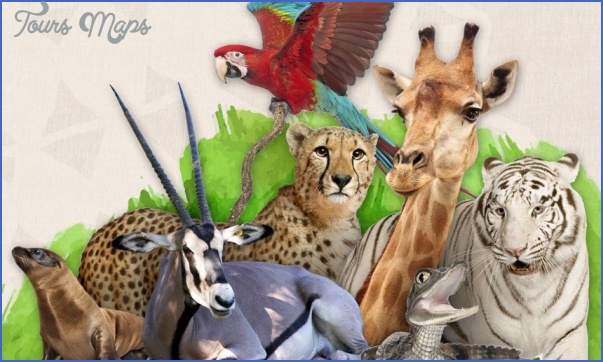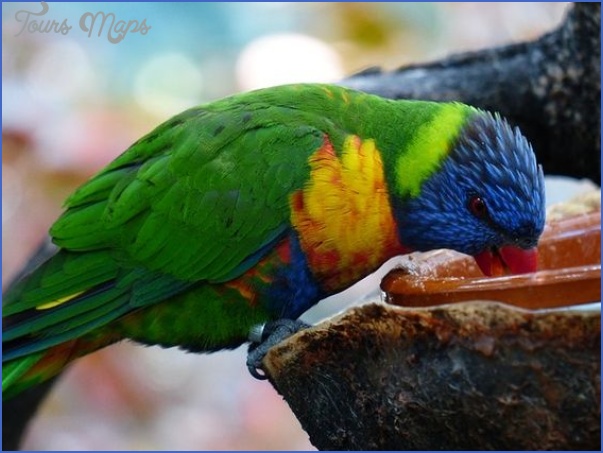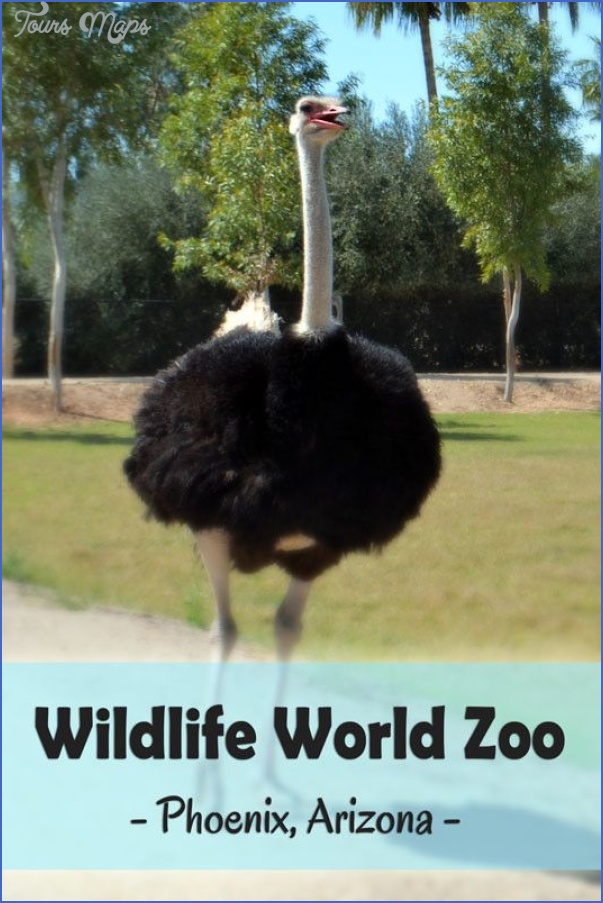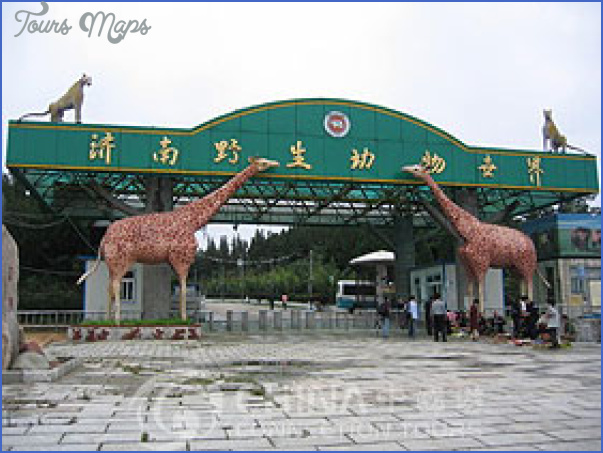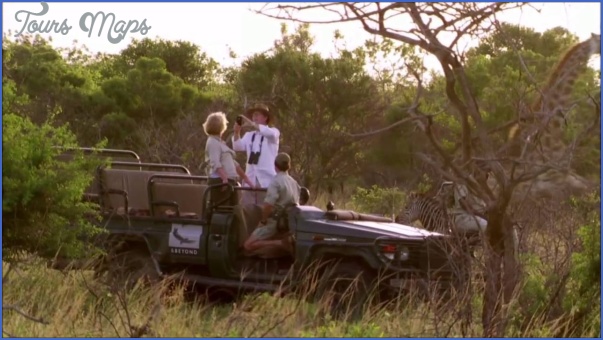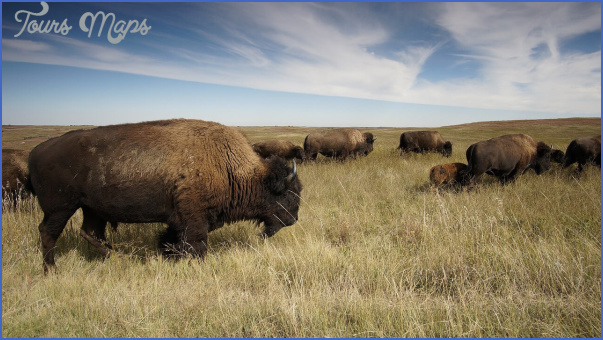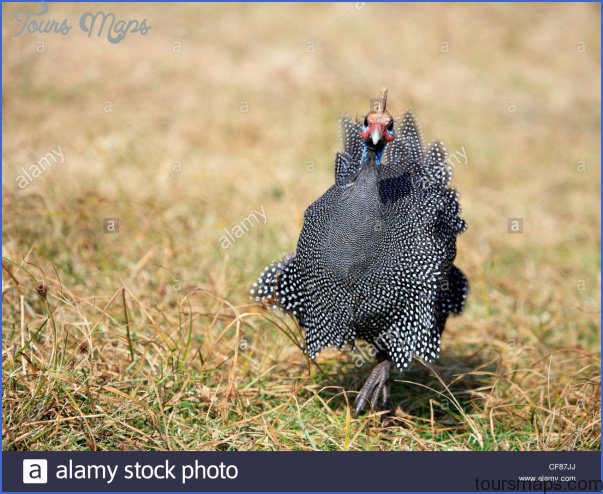Undeterred and ignoring the ‘no entry’ signs (I think they were only in Greek) and the helicopter landing pad we passed, I drove along a military road until stopped by a soldier with something like an AK47. He was coming towards our hire car. And the AK47 was aimed our way. Having spotted my binoculars – a dubious piece of equipment to hold at a military base in times of tension – as I scanned through the open car window for birds, the gun barrel was getting closer by the second and the soldier was now shouting, really quite loudly. In my limited experience, guns and shouting soldiers are never a good mix.
Recalling the last AK47 I had pointed at me – in the Saudi desert by an Arab companion who pretended to fire it assuming it wasn’t loaded (it was though, happily, the safety switch was engaged) – a retreat seemed the best approach. ‘Signomi, signomil’ we shouted in poor Greek at the gun barrel and its soldier through the open window, hoping he understood that we were attempting to say ‘sorry’. I turned the car around and drove away … slowly. Why slowly? Because I assumed racing off would arouse his further suspicions that we were up to no good. And I feared a burst of AK47 fire from behind.
Getting into an argument doesn’t usually help in these circumstances, as I learnt some years later in southern Spain. I had parked my hired car outside the high fence of a military base; there was a large expanse of flower-rich pasture on the other side of the road but nowhere else to pull in. Almost immediately, armed soldiers arrived on the scene. Not AK47s this time but more traditional rifles. I was told to move; parking there was ‘not possible’. I tried to persuade them that this was a good place to see birds. And that it ‘was possible’ to park there because I had already done so. Surprisingly, they weren’t too interested in such semantics. So I showed them pictures in my bird identification blog, especially pictures of Great Bustards, the world’s heaviest flying birds to try and impress them. I said they might be in these very pastures on the roadside opposite their base. Not impressed in the slightest. Then I made precisely the wrong move. I stayed put and scanned the said open areas with binoculars. Looking for Great Bustards. An officer appeared and, in broken English, made it extremely clear that I would be arrested if I didn’t drive away . immediately. Bustards or no bustards, it wasn’t the time to argue.
Arguing doesn’t help either when confronted by police who are very obviously likely to fine you … or worse. Even if they weren’t intending to dream up some rather harsh penalty, they certainly will be if you start to argue with them. So I have learnt to do the opposite – I ingratiate myself. Usually it gets me away with a mere rebuke. In southern Morocco it wasn’t quite so straightforward.
Wildlife World Travel Photo Gallery
It was on a beautifully sunny, late autumn afternoon that I was driving back to a small town just south of Agadir where I was staying. I had spent the day on the south side of the Atlas Mountains. I knew it would be getting dark soon so I was hurrying along. If you have ever driven in Morocco you might understand why. Driving there in urban areas in daylight – when no one follows any traffic rules and you have to dodge donkey carts and mopeds travelling the wrong way – is bad enough. Doing the same in darkness with poor street lighting is more anxiety-provoking still.
So it was that I entered a speed-restricted stretch of road at maybe 10 km/h over the limit. Flagged down by uniformed traffic police with radar guns, I pulled in at the side. Mohammed was a young Moroccan policeman with excellent English. Complimenting him on his language skill, we got into a conversation about the university he had attended (the University of Fez apparently) and police college. It was all very amicable. ‘But,’ said Mohammed eventually with a look of feigned regret, ‘I am sorry but I have to fine you for driving too fast.’ ‘Do you really? How much?’ I asked. ‘300 Dirham [£20],’ said Mohammed. So I counted out three 100 Dirham notes and passed them to him. ‘Thank you,’ said Mohammed very politely. Oddly, the notes didn’t go into his pocket. ‘Now I will return to you 200 Dirham,’ he said in distinctly measured tones as he passed me two of the notes back, one at a time, ‘So please, you have good meal tonight, a tagine maybe. And please no speeding.’ With that I was on my way . a little slower. And Mohammed had pocketed 100 Dirham. It was a better deal than 300.
Maybe You Like Them Too
- DUBAI UNITED ARAB EMIRATES
- Anniston Map
- Wildlife Travel Guide
- Wildlife Travel To Alonissos
- National Wildlife Travel









